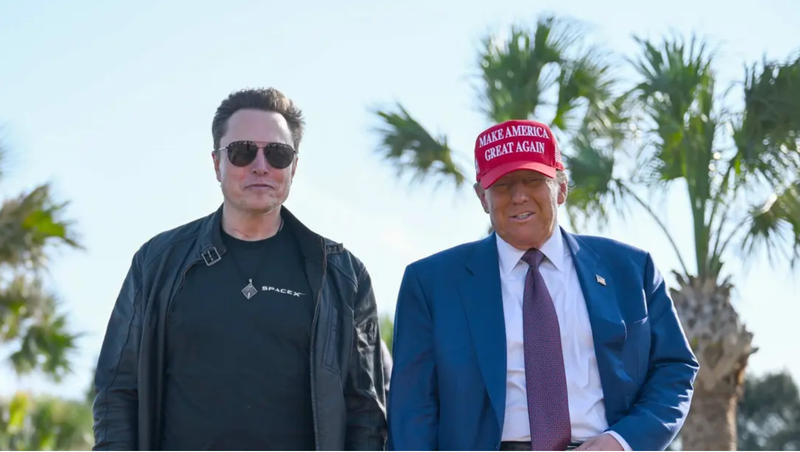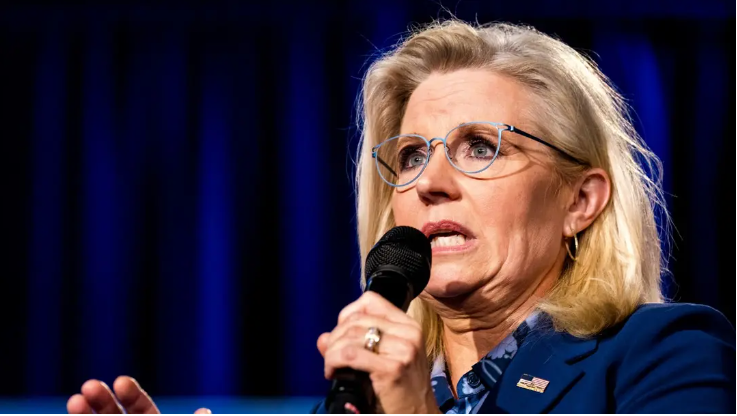Singapore: Prime Minister Lee Steps Down After 20 Years in Power
Singapore's Prime Minister Lee Hsien Loong on Wednesday stepped down from the post he has held since 2004 and passed the reins to the deputy PM and finance minister, Lawrence Wong....
Facts
- Singapore's Prime Minister Lee Hsien Loong on Wednesday stepped down from the post he has held since 2004 and passed the reins to the deputy PM and finance minister, Lawrence Wong.1
- Wong, 51, will be the country's fourth prime minister, and the first to be born after Singapore's independence was granted in 1965. Lee, 72, is the son of Singapore's first prime minister Lee Kuan Yew, considered to be the country's founding father.2
- In his inauguration speech, Wong stressed the importance of 'good leadership, political stability and long-term planning,' while noting that Singapore was facing challenges from external forces 'that tug us in different directions.'3
- Wong, who rose to prominence during the COVID-19 pandemic, was selected by the long-ruling People's Action Party (PAP) to succeed Lee in 2022. Challenges he now faces include voter discontent with the PAP and geopolitical tensions.4
- Singapore maintains friendly relations with both the US and China, with geopolitical changes having a large impact on their finance- and trade-dependent economy. Wong notes that Singapore must navigate turbulent China-US relations.5
- The PAP, which has governed Singapore since 1959, has suffered domestically from high rates of inequality and a rising cost of living. The PAP's vote share was diminished in 2020 — the next election will be held by November 2025 at the latest.5
Sources: 1BBC News, 2Guardian, 3reuters.com, 4Associated Press and 5Archive.
Narratives
- Left narrative, as provided by New York Times. Singapore's social contract has eroded over the past few decades, with the famously prosperous state seeing inequality skyrocket and discontent grow with the PAP's infamous paternalism. This only grew under Lee, and Wong now faces the challenge of a disillusioned public, and a tumultuous global order that could upset the status quo. It remains to be seen if Wong will be able to protect the conservative establishment from these unprecedented threats.
- Right narrative, as provided by The National. Lee laid the foundation for a stronger Singapore, and his influence leaves the nation in a better position than ever to tackle the growing challenges in the world. With his advocacy for a stable, rules-based international order, Lee guided the country towards cooperation and the common good over zealotry and aggression. Wong is in a good position to continue the work of his predecessor on the path of stability and prosperity.







